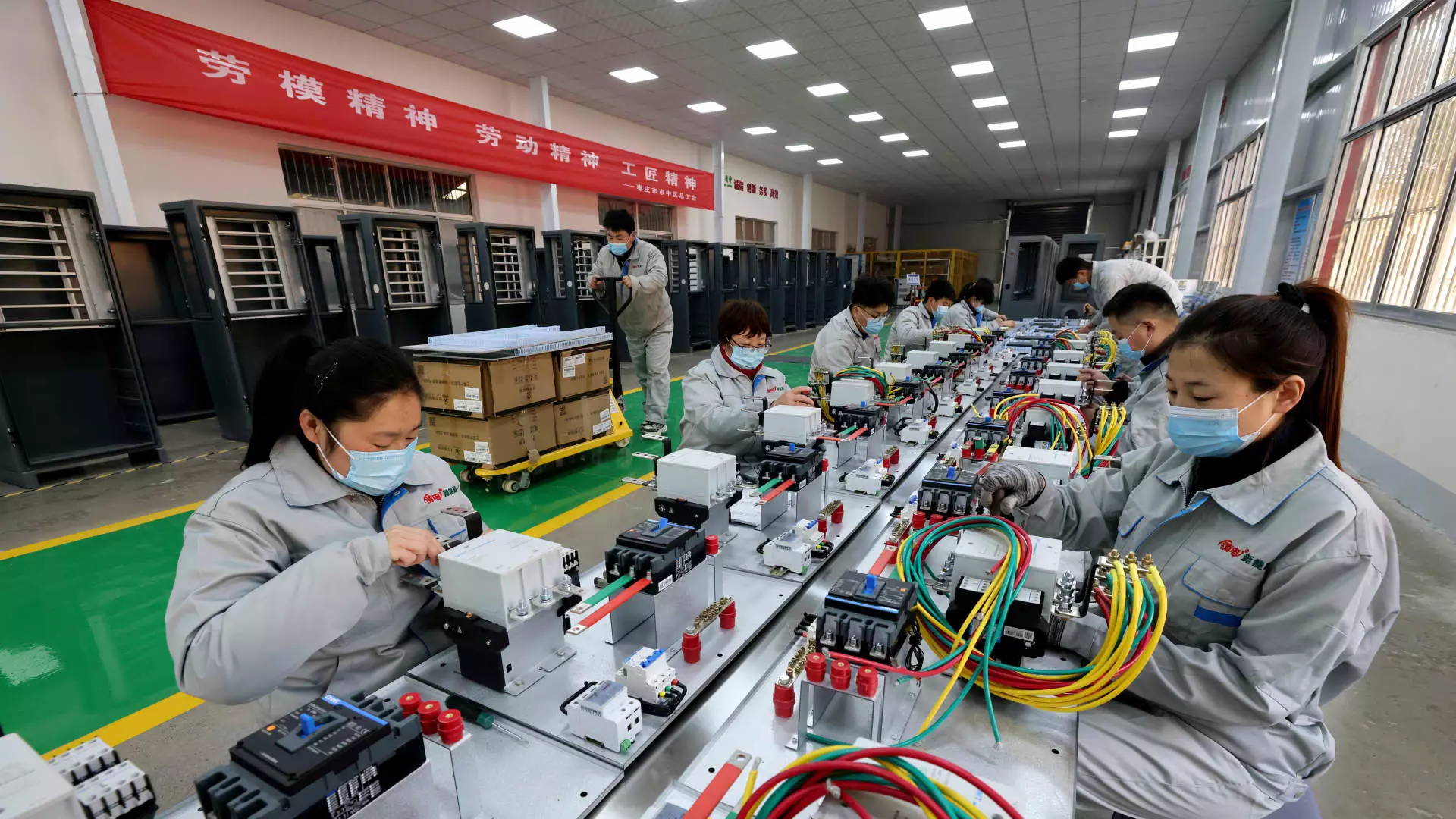In recent discussions about global investment strategies, caution towards China’s economic prospects has become a recurring theme among financial experts. Notably, Perth Tolle, the founder of Life + Liberty Indexes, has raised critical concerns over the sustainability of China’s distinctive capitalism model. Contrary to the belief that an economic framework inherently paves the way for democratic governance, Tolle argues that this misconception could lead to significant financial miscalculations. The rising tension between economic policies and personal freedoms is shedding light on the intricate relationship between market dynamics and civil liberties.
Tolle’s insights are underscored by the performance of her Freedom 100 Emerging Markets ETF, which has experienced over 43% growth since its launch in May 2019. This remarkable achievement reflects a strategic focus on economies that prioritize individual freedoms, in stark contrast to the trajectory of Chinese investments. While the iShares China Large-Cap ETF has recorded a 19% increase this year, Tolle’s fund has outperformed with a commendable 9% uptick in the same period. This divergence highlights the varying levels of volatility and risk associated with investing in different emerging markets, marking a pivotal shift towards selective investment in regions with a greater emphasis on personal liberties.
Tolle’s skepticism towards Chinese investments is informed by her personal experiences and an insightful observation of her clients during her tenure at Fidelity Investments. Back in 2004, when interest in the Chinese market was soaring, Tolle reluctantly navigated her clients’ desires, while grappling with her reservations. This scenario reflects a broader investment dilemma faced by many—balancing popular demand against ethical considerations. Furthermore, Tolle recalls an equally prescient warning from her Russian clients who expressed reluctance to invest in their homeland due to ethical concerns—a sentiment that resonates even stronger in today’s geopolitical environment.
As the economic landscape evolves, investors are urged to critically examine their portfolios, especially regarding Chinese equities. Tom Lydon, a prominent figure in the ETF investment space, echoes Tolle’s sentiment, advocating for a reassessment of exposure to China. He emphasizes that emerging markets without Chinese investments have exhibited more stability and superior performance. The argument against heavy investment in China is not merely rooted in ideation but is reinforced by practical performance analysis, suggesting a pivotal shift in how investors may wish to approach global markets moving forward.
The growing skepticism surrounding investment in China’s emerging market highlights the importance of aligning financial decisions with ethical priorities and personal freedoms. As experts like Tolle pave the way for new paradigms in investment strategies, the focus appears to be shifting towards nations that support liberty and economic freedoms. This proactive approach not only serves to mitigate risk but also aligns capital with values that promote sustainable economic growth. Investors are now at a crucial juncture where informed, ethical decision-making could redefine global investment standards in the years to come.

